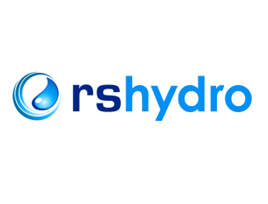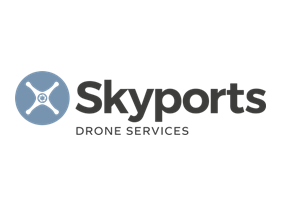How might we improve a drone's capability to sample water in different conditions
This four day sprint is taking place at Newcastle Racecourse and may be of interest to Students, professionals and companies working in areas of Material Science New energy harvesting technologies that can be accommodated into a sonde.
Universities / students and professional organisations working on innovative EColi measuring solutions and Product designers Creative thinkers able to join dots.
We're seeking a diverse range of participants to bring fresh perspectives and spark creativity. Whether you work in the Utilities industry or are simply curious about AI's potential, your input is crucial. Over the last couple of years, there has been an increasing public awareness and focus on ensuring our coastal, estuary inland waters remain healthy in the face of more extreme weather events. From a regulatory perspective we have a number of existing and pending mandated requirements to measure different determinates within these water courses, to ensure they are ecologically safe.
Current solution offerings include conventional fixed Kiosk, suitcase style deployments and buoys equipment. Due to their high installation cost, operational risks and carbon impact NWL embarked on an innovative approach using drones to do address these challenges in delivering with real time sampling data.
Whilst this approach has rapidly evolved from concept to full scale trials, we are still left with a number of opportunities which the NWL team would like to explore at this year’s festival.
We have a proven innovative concept but how can we move forward in developing a final solution to the industry which will be one of many solutions required in capturing real time data from our coastal and estuarine water bodies?
- How will public perception impact the scalability of this solution? How might we engage the public to ensure they are supportive and involved in harnessing the potential of this water quality monitoring approach? Our drones have limited flight time capability before they need recharging. How might we explore new (energy) battery technologies which have the potential to increase the flight time, making it more cost effective?
- Drones need to fly in all conditions, how might new materials be used in its construction to ensure the drone are more resilient to the elements?
- Sondes (sampling and testing devices suspended from the drone) are heavy and add to the drone’s payload. How might new materials be used to reduce the weight of the sonde or other components of the drone itself?
- Under pending legislation water utilities we have to carry out mandatory testing of 5 determinates. However, how might we incorporate real-time EColi testing into the Sonde? How might this be achieved given the limited space within the Sonde?
During this sprint, we hope to be showcasing and flying the current drone with the Sonde attachment. This sprint is likely to attract a lot of interest so if you have new technologies, expertise or just some brilliant ideas on how we might overcome some of the above challenges, register early to secure your place.




